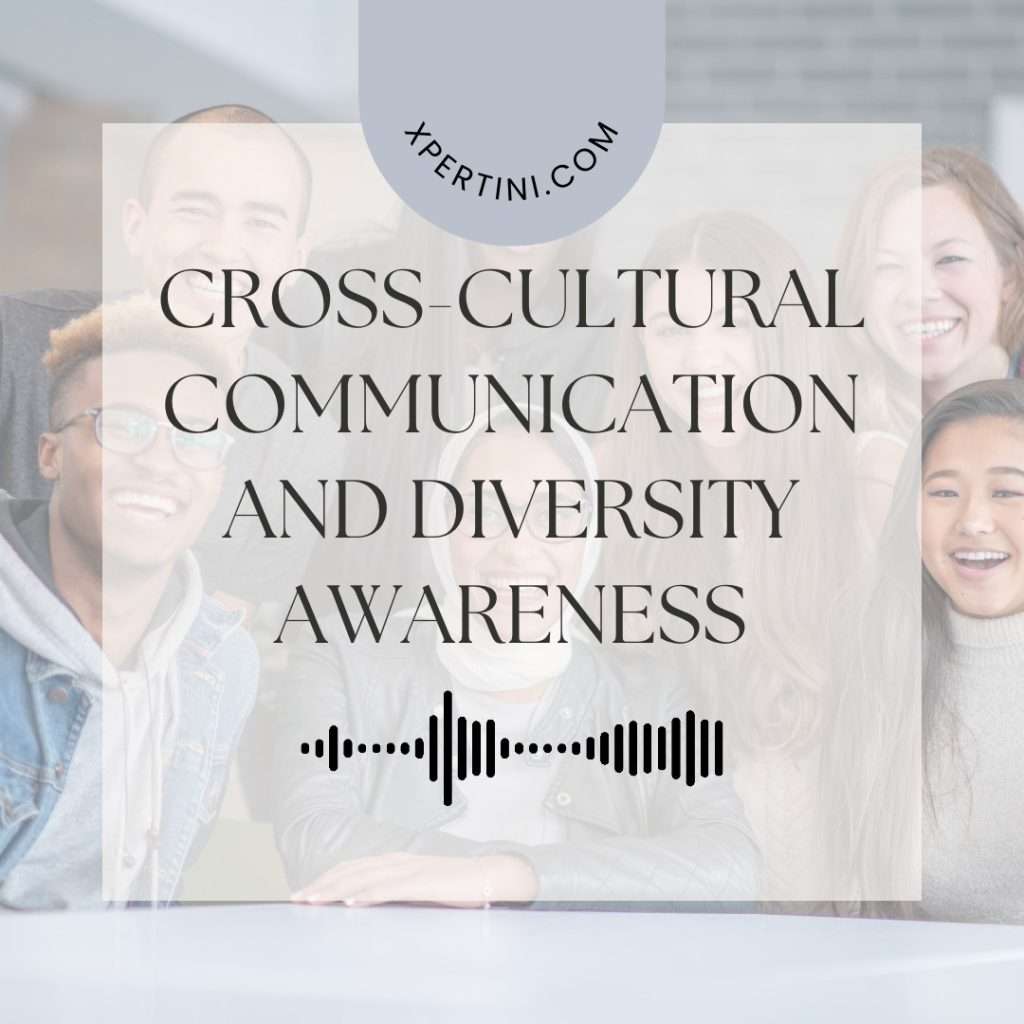Cross-Cultural Communication and Diversity Awareness
Course Summary
In cross-cultural communication, the course delves into the multifaceted nature of navigating diverse cultural landscapes. Students embark on a journey through intercultural interactions, exploring the nuances of language, behavior, and customs that shape global communication. The curriculum equips learners with essential skills and strategies to foster understanding and cooperation across cultural boundaries.
Throughout the course, students uncover the complexities of stereotypes and biases that can hinder effective communication. They gain insights into recognizing and mitigating these barriers, fostering a more inclusive and equitable environment. By promoting cultural sensitivity and empathy, students learn to navigate conflicts constructively, fostering harmonious relationships in diverse settings.
A focal point of the course is the examination of diversity and inclusion policies in organizational contexts. Students explore the role of leadership in promoting cultural diversity and advocating for social justice.
As the course progresses, students delve into the responsibilities of global citizenship, recognizing their role in fostering cross-cultural understanding and promoting social equality. They explore avenues for advocacy and engagement, embracing their role as agents of change in an interconnected world.
The course culminates in an exploration of career opportunities requiring cross-cultural communication skills. Students receive guidance on pursuing diverse career paths, from international business to diplomacy and education. Armed with a comprehensive understanding of cross-cultural dynamics, they are prepared to navigate the global landscape with confidence and cultural competence.
Course Overview
Cross-cultural communication and diversity awareness are essential skills in today’s globalized world. This course provides a comprehensive understanding of the importance of effective communication across cultures and the significance of diversity in various contexts. Through theoretical frameworks, practical examples, and interactive activities, participants will develop the knowledge and skills necessary to navigate diverse cultural landscapes successfully.
Course Objectives
- Understand the importance of cross-cultural communication in diverse environments.
- Recognize and appreciate cultural differences and similarities.
- Develop strategies for effective communication across cultures.
- Foster empathy and respect for diverse perspectives.
- Enhance intercultural competence and adaptability.
- Explore the impact of culture on communication styles and preferences.
- Identify barriers to cross-cultural communication and ways to overcome them.
- Apply theoretical concepts to real-world scenarios.
- Enhance self-awareness and cultural sensitivity.
- Prepare for career opportunities in fields requiring cross-cultural communication skills.
Course Outcomes
- Demonstrate an understanding of key theories and models related to cross-cultural communication.
- Engage in role-playing exercises to practice intercultural communication skills.
- Assess their own cultural biases and develop strategies to mitigate them.
- Collaborate with peers from diverse backgrounds to complete group projects.
- Critically evaluate media representations of different cultures.
- Demonstrate cultural competence through written reflections and discussions.
- Create a personal action plan for improving cross-cultural communication skills.
- Apply cross-cultural communication principles to real-life scenarios through experiential learning activities.
- Explore career pathways that require proficiency in cross-cultural communication.
Course Audience
- Professionals working in multicultural environments
- Students interested in international relations, anthropology, sociology, or related fields
- Individuals planning to work or study abroad
- HR professionals seeking to enhance diversity and inclusion initiatives

